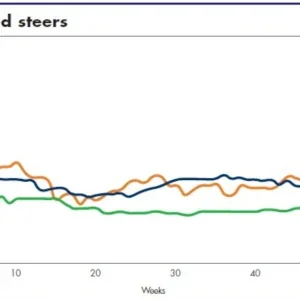US footwear giant Adidas have signed a US$140 million contract with Indonesian manufacturers. The foreign companies that have secured the deal with Adidas are expected to open up new factories in Indonesia.
‘Adidas is set to order 14 million pieces of apparel and other sport equipment from various producers in the country’, said minister of trade Mari E Pangestu. She added that the government won Adidas’ commitment during President Susilo Bambang Yudhoyono’s visit to China in July.
Pangestu claimed that Adidas were planning to relocate 20% of their production capacity in China to Vietnam and Indonesia. She did not elaborate on the investment figure.
‘Vietnam will not get all 20% [of the relocation] so Adidas will surely have to place part of the relocation here’, she said, adding that the government was trying to convince Adidas.
Pangestu was also planning a visit to Busan, South Korea, to convince shoemakers to invest in Indonesia. ‘Busan shoemakers receive orders from Adidas and Nike. We need to get them to make their products here’, she said.
Harijanto, chairman of Indonesia’s footwear association Aprisindo, predicts that if the footwear makers chose Indonesia as an alternative site for their factories, the domestic shoe industry could increase its export market value by 20% or between US$1-2 million, creating 75,000 jobs.
However, Danish shoemaker PT Ecco Indonesia’s president/director Flemming Larsen said the firm had recently decided to expand their factory in China rather than the one in Sidoarjo, East Java, due to complicated taxation policies. ‘We’ve decided to invest an additional $40 million in China, rather than here. China is more business friendly’, he said.
Pangestu believes that increasing fuel and electricity prices in Indonesia would not deter foreign companies from investing in the country. However, Aprisindo chairman Harijanto said: ‘If electricity and fuel keep going up, we may lose our competitive advantage because our production costs are also increasing. If the margin is too small, it will not be attractive to investors. Moreover, our labour cost is already twice that of Vietnam’.
Harijanto suggested the government gives incentives to industry players. Harijanto cited the example of Vietnam that had given incentives to labour-intensive and export-orientated businesses that employed more than 500,000 people.
Source: Jakarta Post






